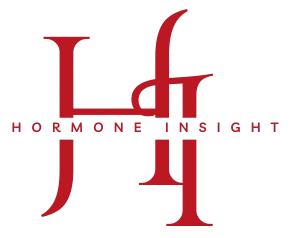Summary:
In pregnant individuals with obesity classified as metabolically healthy obese (MHO) or metabolically unhealthy obese (MUO), intensive behavioral therapy (IBT) targeting gestational weight gain through dietary counseling, physical activity promotion, and behavioral support demonstrated greater reduction in gestational weight gain in MUO compared to MHO, but MUO still had higher rates of gestational diabetes and greater infant adiposity compared to outcomes between MHO and MUO groups within the trial, with maternal metabolic phenotype significantly influencing outcomes independent of gestational weight gain.
| PICO | Description |
|---|---|
| Population | Pregnant individuals with obesity, classified as metabolically healthy obese (MHO) or metabolically unhealthy obese (MUO). |
| Intervention | Intensive behavioral therapy (IBT) targeting gestational weight gain through dietary counseling, physical activity, and behavioral support. |
| Comparison | Outcomes compared between MHO and MUO groups within the trial. |
| Outcome | MUO achieved greater weight gain reduction but still had more gestational diabetes and higher infant adiposity. Metabolic phenotype influences outcomes beyond weight management. |
Clinical Context
Not all individuals with obesity carry equal risk. “Metabolically healthy obesity” (MHO) describes a subgroup without metabolic abnormalities despite elevated BMI.
Clinical Pearls
1. Metabolic Phenotype Trumps Weight Gain: Despite achieving better gestational weight gain outcomes with intervention, MUO individuals still had worse metabolic outcomes.
2. MUO More Responsive to Weight Intervention: Greater gestational weight gain reduction in MUO versus MHO individuals.
3. Limits of Gestational Weight Gain Focus: Interventions may need to target metabolic dysfunction directly rather than weight alone.
4. Intergenerational Transmission: Higher infant adiposity in MUO pregnancies highlights in-utero programming of metabolic risk.
Practical Application
Assess metabolic health status early in pregnancy for individuals with obesity. Consider early glucose tolerance testing and more frequent metabolic monitoring for MUO individuals.
Study Limitations
Secondary analysis may be underpowered for subgroup comparisons. Definitions of MHO and MUO vary across studies.
Bottom Line
Maternal metabolic phenotype influences pregnancy outcomes beyond what weight management alone can modify.
Source: Flanagan EW, et al. “Metabolic Health and Heterogeneous Outcomes of Prenatal Interventions: A Secondary Analysis of a Randomized Clinical Trial.” Read article

